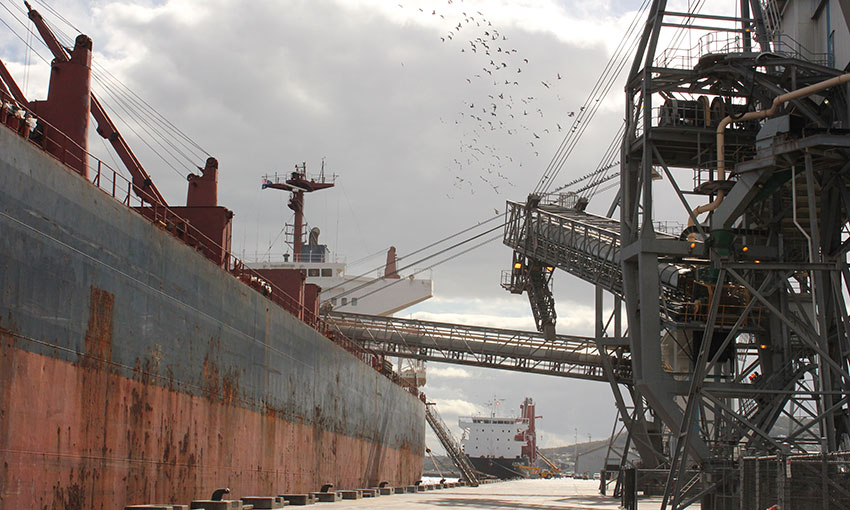SRI Lanka has approved an agreement to allow in-transit phosphine fumigation of Australian bulk grains, pulses and oilseeds.
In-transit phosphine fumigation can provide a more cost effective and efficient option for Australian exporters.
This new biosecurity agreement can broaden trade opportunities for some Australian exporters.
A new biosecurity agreement between Australia and Sri Lanka will broaden trade opportunities for Australian exporters.
Minister for agriculture, drought and emergency management David Littleproud said Sri Lanka’s approval of in-transit phosphine fumigation treatment for Australian grains, pulses and oil seeds would provide greater flexibility for Australian exporters.
“This is a fantastic opportunity for Australian exporters to not only improve our trade relationships with an important partner, but to expand markets for Australian grains, pulses and oilseeds,” he said.
“The Sri Lanka market was worth $160 million for Australian pulses, grains and oilseeds in 2020-21 (12 months to March), and we hope to grow this important trade relationship between our two countries further.”
Mr Littleproud said Sri Lanka’s recognition of in-transit phosphine fumigation as a quarantine treatment will not only provide treatment options for Australian exporters but is also more cost-effective and efficient.
“As the product is treated in transit, it gets to the market quicker and into the Sri Lankan value chain faster. This is another market improvement for our farmers who are the bedrock of our economy and will lead Australia’s post-COVID recovery,” he said.
“It is also an example of the strong relationship we share with Sri Lanka and the result of fantastic work by my department and our agriculture counsellor network.”
Andrew Weidemann, chair of Grain Producers Australia said it was a great win for Australia’s trade.
“This will help to lower freight costs for Australia’s farmers. It has been a long sought-after market improvement for Australia’s grain sector, particularly at time when shipping costs are as high as they are,” he said.

